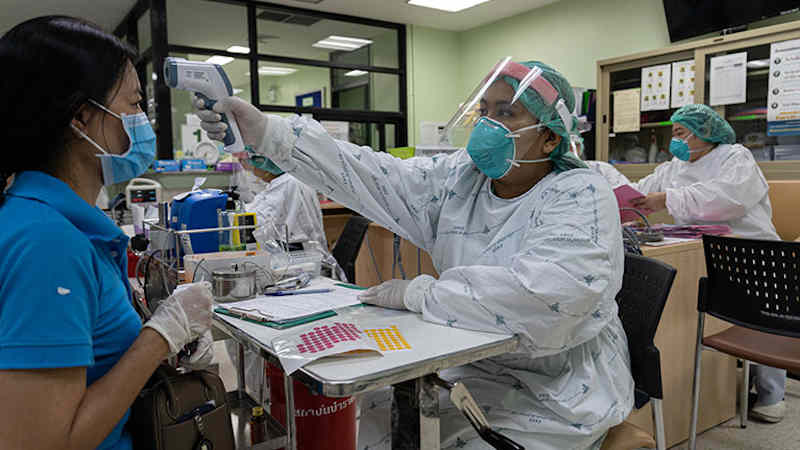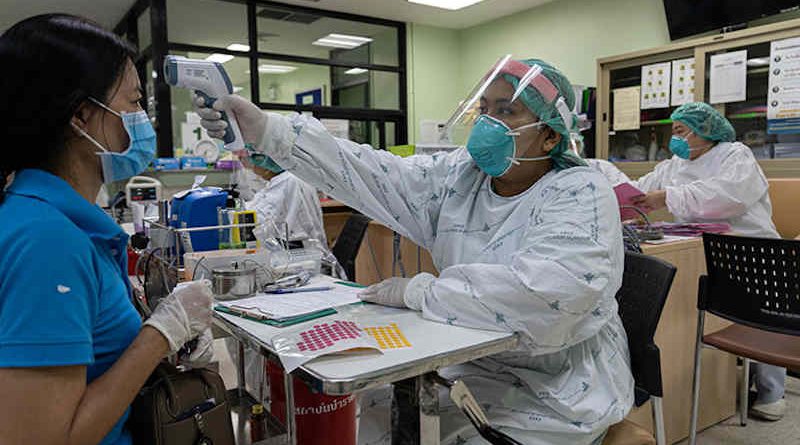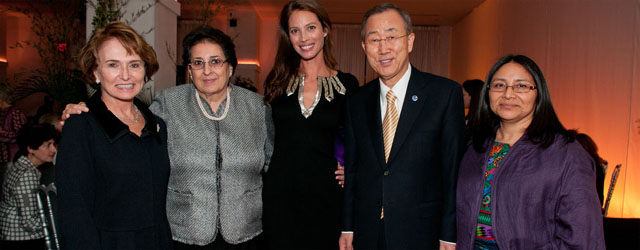Guide Released for Safety Programmes of Covid Health Workers

The Covid-19 pandemic has taken an additional heavy toll on health workers and has demonstrated dangerous neglect of their health, safety and wellbeing.
The International Labour Organization (ILO) and the World Health Organization (WHO) have published a new guide on developing and implementing stronger occupational health and safety programmes for health workers, as the Covid-19 pandemic continues to exert great pressure on them.
“Even before the Covid-19 pandemic, the health sector was among the most hazardous sectors to work in,” said Dr Maria Neira, Director, Department of Environment, Climate Change and Health, WHO. “Only a few healthcare facilities had programmes in place for managing health and safety at work. Health workers suffered from infections, musculoskeletal disorders and injuries, workplace violence and harassment, burnout, and allergies from the poor working environment.”
The Covid-19 pandemic has taken an additional heavy toll on health workers and has demonstrated dangerous neglect of their health, safety and wellbeing. More than one-in-three health facilities lack hygiene stations at the point of care. Fewer than one-in-six countries had in place a national policy on a healthy and safe working environment in the health sector.
ILO and WHO recommend developing and implementing sustainable programmes for managing occupational health and safety for health workers at national, sub-national and health facility levels. Such programmes should cover all occupational hazards – infectious, ergonomic, physical, chemical, and psycho-social.
The guide also outlines the roles that governments, employers, workers and occupational health services should play in promoting and protecting the health, safety, and wellbeing of health workers. It emphasizes that continuous investment, training, monitoring and collaboration are essential for sustaining progress in implementing the programmes.
Countries that have developed and are actively implementing occupational health and safety programmes for health workers have experienced reductions in work-related injuries and diseases and sickness absence, as well as improvements in the work environment, work productivity and retention of health workers.
ILO and WHO say they will continue to provide guidance and assistance to countries to develop and implement occupational health and safety programmes for health workers.




